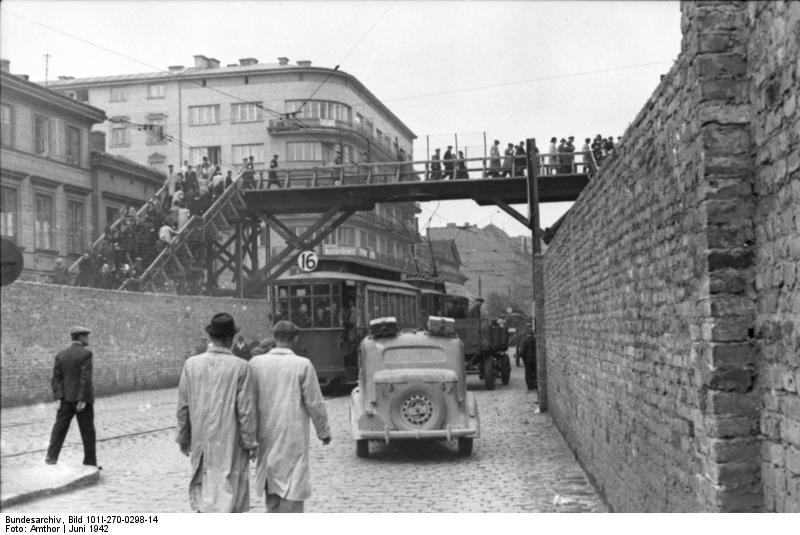VWI invites/goes to...
Cycle of VWI Fellows’ Colloquia
The VWI fellows present their intermediary research results in the context of colloquia which are announced to a small audience and are open to a public audience with an academic and topical interest. The lectures are complemented by a response or commentary by an expert in the given field and are discussed with the other fellows.
Due to the previous lack of an appropriate space, the colloquia were held at other Viennese research and cultural institutions with a topical or regional connection to the given subject. From this circumstance was born the “VWI goes to …” format.
With the move to a new institute building at Rabensteig 3, the spatial circumstances have changed, so that the VWI is now happily able to invite other research and cultural institutions. Therefore, the VWI is now conducting its colloquia both externally and within its own building, in the framework of continued co-operation with other institutions.
The new cycle of fellows’ colloquia “VWI invites/goes to …” is not only able to reach a broader circle of interested persons, but moreover integrates the VWI further into the Viennese scholarly establishment, perhaps even crossing borders into the greater regional research landscape.
| VWI invites/goes to... | |||
| Judith Vöcker: “In the Name of the German Nation”. The German Jurisdiction in Warsaw and Radom during the Nazi Occupation of the General Government (1939–1944) | |||
Monday, 26. April 2021, 15:00 - 17:00 Online: https://us02web.zoom.us/j/81124963173?pwd=bm1pTjNCc0FUZE9uRVZxd0JSU3pNdz09
|
|||
VWI invites the Department of Legal and Constitutional History at the University of Vienna
Commented by Miloš Vec Judith Vöcker is a Junior Fellow at the VWI and a doctoral candidate at the Stanley Burton Centre for Holocaust and Genocide Studies at the University of Leicester. Before starting her doctorate, Judith studied Slavic studies and German literature and linguistics in Cologne, Cracow, and Moscow, and Eastern European History in Frankfurt an der Oder and London. Her PhD is funded by the Midlands4Cities Doctoral Training Partnership and is supervised by Svenja Bethke and Klaus Richter. Miloš Vec is Professor of European Legal and Constitutional History at the University of Vienna and was a Permanent Fellow at the Institute for Human Sciences (IWM, Vienna) from 2016 to 2020. He completed his Habilitation in Legal History, Philosophy of Law, Theory of Law, and Civil Law at Goethe University Frankfurt am Main. Until 2012, he worked and taught at the Max Planck Institute for European Legal History. He also taught at the Universities of Bonn, Hamburg, Constance, Lyon, Tübingen, and Vilnius. He was a Fellow at the Wissenschaftskolleg (Institute of Advanced Study) in Berlin in 2011/12; a Senior Global Hauser Fellow at New York University in 2017; and an associate member of the Research Centre “Normative Orders” at Frankfurt University. He also works as a freelance journalist, especially for the Frankfurter Allgemeine Zeitung. Foto: Bundesarchiv, Bild 101 |-20-0298-14 | Foto: Amthor | Juni 1942 |
|||







 This research project focusses on the German jurisdiction in the General Government and how it treated and punished crimes committed by Jews, Poles, and ethnic Germans during the Nazi occupation of Poland. The presentation will address what the occupiers defined as a
This research project focusses on the German jurisdiction in the General Government and how it treated and punished crimes committed by Jews, Poles, and ethnic Germans during the Nazi occupation of Poland. The presentation will address what the occupiers defined as a 
